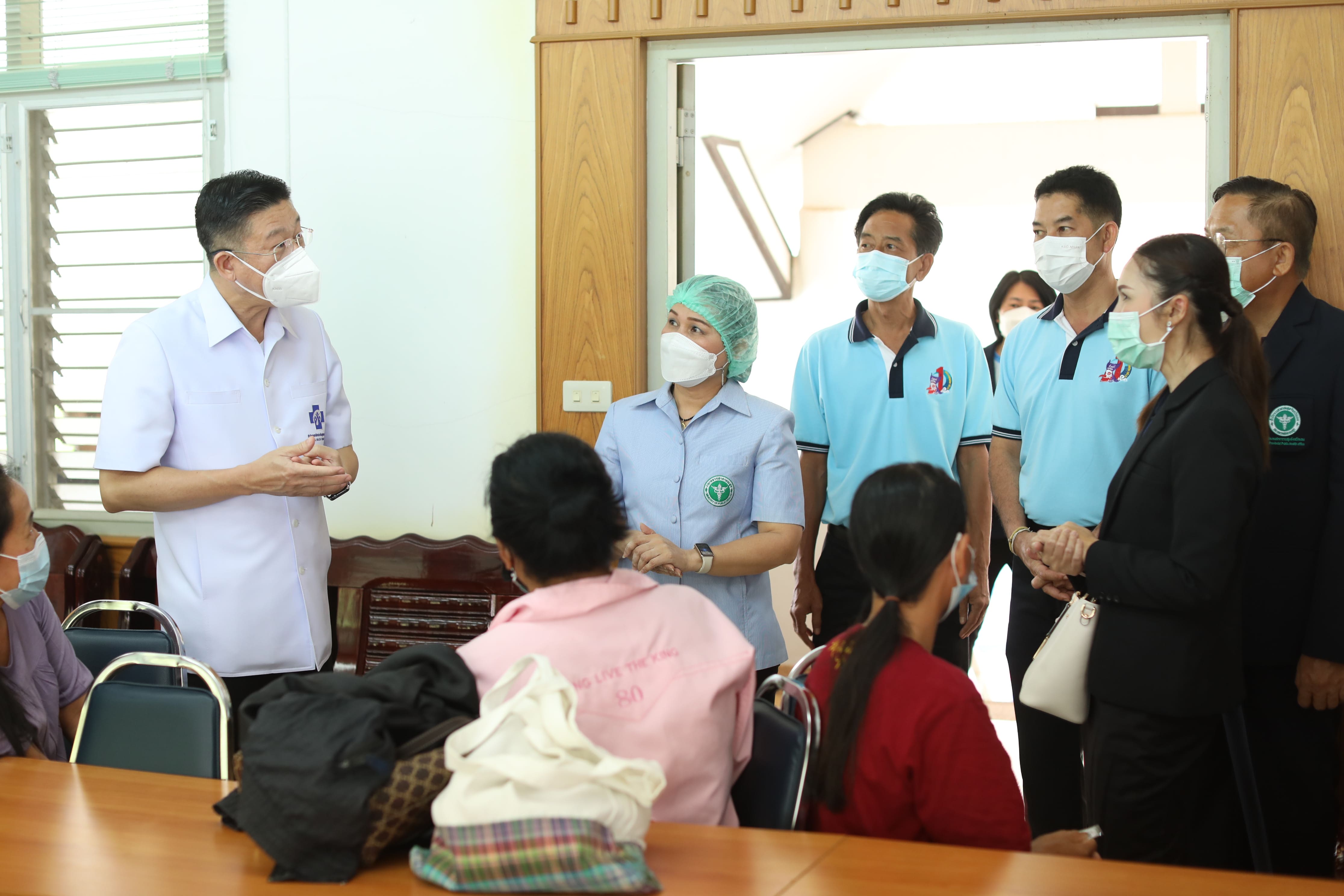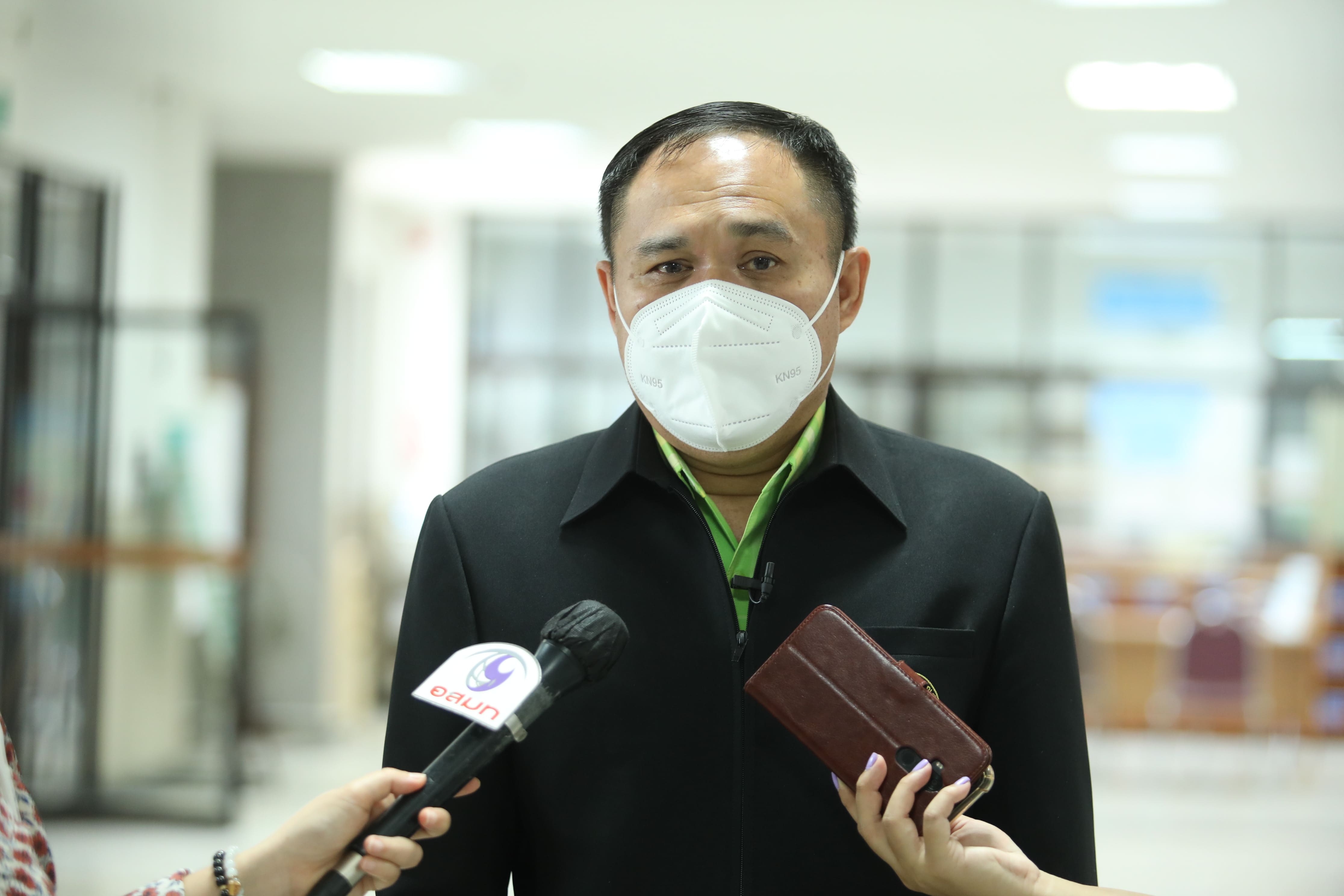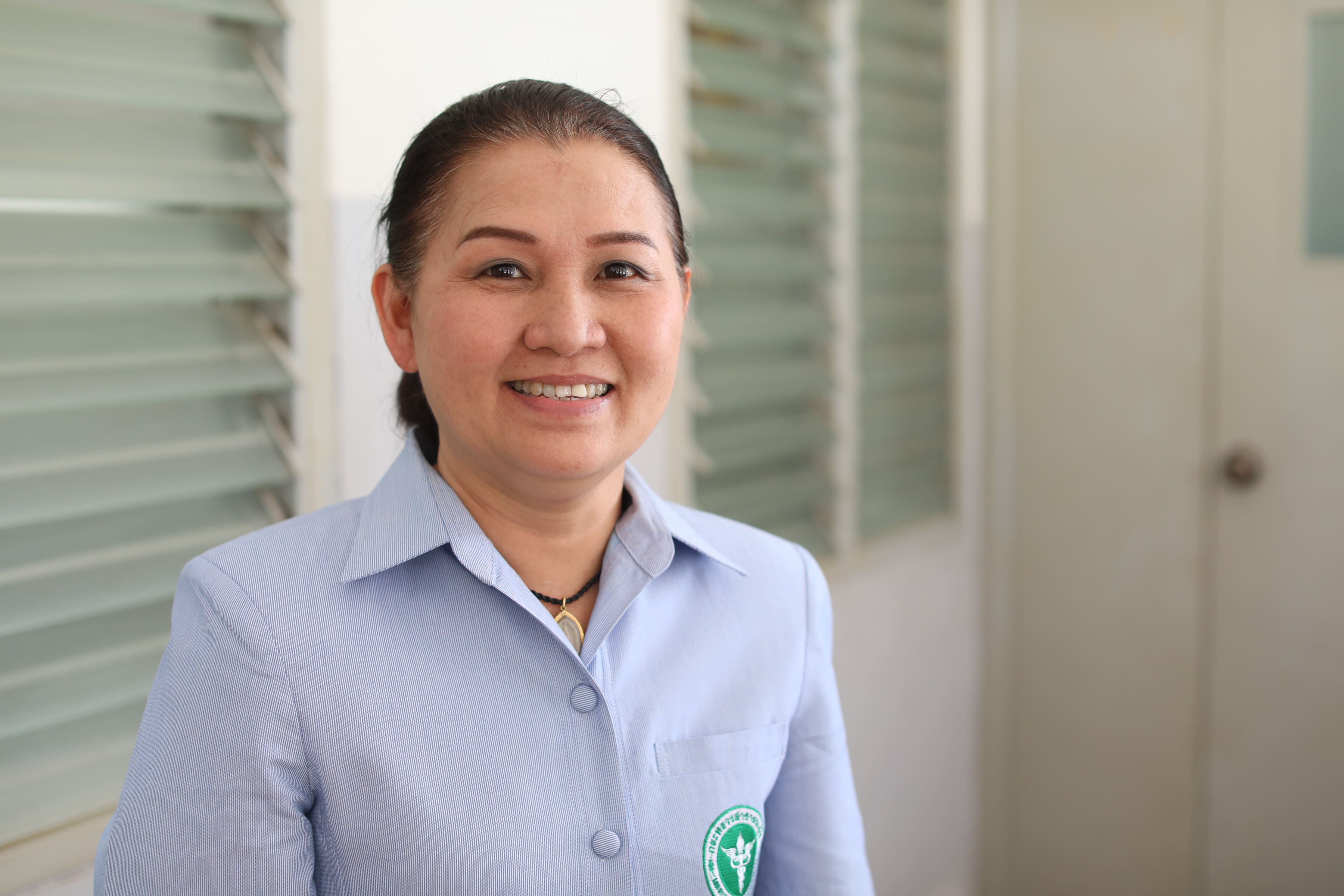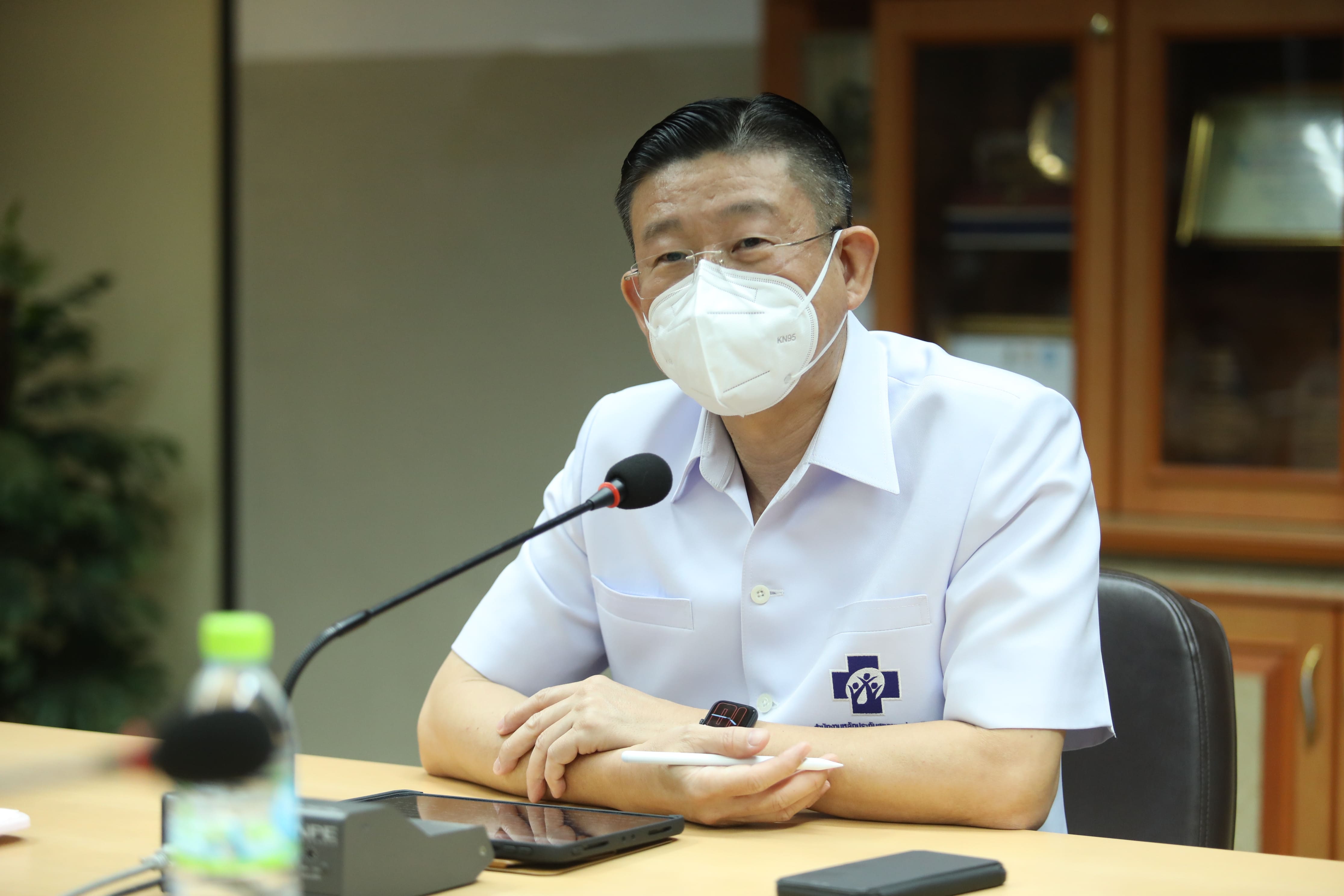
- Home
- DescriptionNews
More than 26,000 women get cervical cancer tests in Loei

More than 26,000 women get cervical cancer tests in Loei
This year, hospitals and health centers in Thailand's northeastern Loei province target more than 26,000 women for Human Papillomavirus (HPV) DNA tests.
In collaboration with Loei Provincial Health Office, these health units have encouraged local women between 30 and 60 to get tests as part of its health promotion and disease prevention program.
.jpg)
All women in the target age range are eligible for free tests regardless of their registered health care schemes.
HPV DNA test is a laboratory test in which cells are scraped from the cervix to look for DNA of human papillomaviruses (HPV), which is the cause of cervical cancer.
It has been included in Thailand's Universal Health Coverage since Jun 2019 to replace the pap smear, a type of cervical cancer screening test that is less successful in assessing cervical cancer risk than the HPV DNA test.
Hospitals providing HPV DNA test can claim the cost from the National Health Security Office (NHSO), which act as a clearinghouse while overseeing the government's Universal Coverage Scheme (UCS).

Dr Bancha Phalanuwong, the Director of Loei Hospital, said that his staff had collaborated with the provincial health office, heads of community hospitals, and primary health units to offer the test to women living in Loei province.
They have run an annual campaign to encourage women to have tests. Around 34,000 women in Loei province were tested last year. Thirty-eight of them had cervical cancer.
This year's campaign, targeting 26,088 women, is run from Apr 1 to Sep 30.
If any of them get positive test results, meaning they have a type of high-risk HPV linked to cervical cancer, they will get free colposcopy once a year to monitor and track tumor cells.
.jpg)
.jpg)
.jpg)
If they develop cancer, they will be transferred to cancer centers in more advanced hospitals.
"Cervical cancer is the second most frequent cancer. But it can be completely treated, without any complications, if the patients have early diagnosis and treatment," said Dr Bancha.
"In many cases, we found that women felt embarrassing to go through the test, especially when they found male doctors conducting the tests. We must assign these jobs to the right physicians and prepare our laboratory for daily testing during the campaign."
Loei Hospital has run a laboratory certified by the Public Health Ministry's Medical Sciences Department.
It can conduct the tests for other hospitals and health centers, of which staff focuses more on collecting samples.

Suwimon Jobdee, head of Ban Phon Pa Daeng Subdistrict Health Center, said that her center would join the HPV DNA test campaign for the first time this year.
Her staff has collaborated with village health volunteers in encouraging women to get tests.
Village health volunteers have visited local communities and surveyed women in each household to determine if they want to have tests.
They have also provided these women with information about the benefits of the tests.
"Loei province displays a good example of an effective and widely-coverage cervical cancer test campaign.

This success relies on the close collaboration among different players in the health sector from provincial health office, hospitals, and health centers to health volunteers," said the NHSO Deputy Secretary-General Dr. Athaporn Limpanyalers
"They have also had a good preparation, including ensuring the availability of laboratory and technicians who can provide test results timely and accurately."
/////////////////////////

